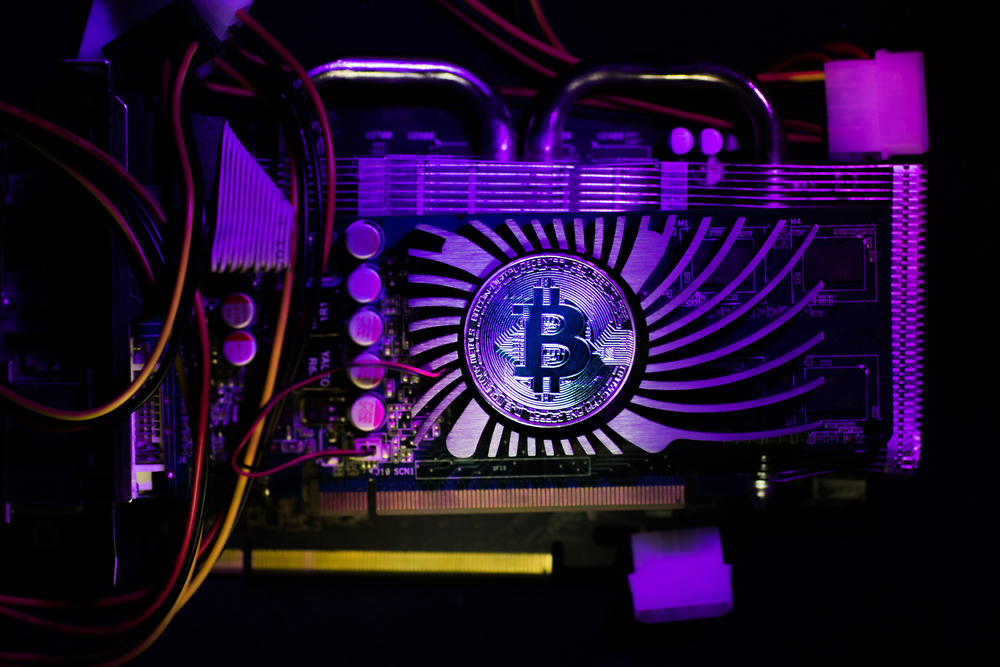There was a time when Bitcoin (BTC) mining was limited to certain countries such as the United States and China. Then it was China that gained the lead as the highest Bitcoin mining country.
Then the situation changed entirely for the Bitcoin mining sector as of late 2020. With China drifting away from Bitcoin mining, other countries started to make their contributions to the industry.
The mining firms and companies started looking for other countries where they could launch their mining operations.
The hunt for better, favorable, efficient, and economic mining operations began in late 2021 when China put a blanket ban on cryptocurrencies.
Before China fully enforced the ban on cryptocurrencies and mining projects, the jurisdiction was responsible for the mining of around 35% of Bitcoin in the entire world.

Being exiled from mainland of China, the mining firms had to find other countries offering favorable mining conditions.
As the search began, the mining firms found the US, Russia, Ukraine, Kazakhstan, and more countries to be the best locations in terms of affordability and performance.
Iceland is emerging as a BTC Mining Hub
While many countries are growing in demand when it comes to launching mining operations, a country in Europe is also gaining a lot of attention.
Iceland, a country where even the summers are cool, is becoming an attractive choice for Bitcoin miners. Surprisingly, Iceland is already home to so many Bitcoin mining firms but the numbers keep growing.
In terms of a country producing the highest per capita hashrate, it is Iceland that is taking the deal. There is no other country that is able to meet the scale of Iceland in terms of per capita hashrate production.
The country is fully capable of offering very cheap electricity to the mining industry. Therefore, the mining industry is a growing giant in the region.
As per the sources, the mining industry in Iceland has reached an industrial-scale enormity. This means that very large-scale mining operations are being launched in Iceland.
Report Shared by Jaran Mellerud
The mining researcher for Bitcoin has recently published a report pertaining to mining activities in Iceland.
Mellerud has added in the report that the mining sector is constantly on the rise in Iceland. It is not just the commoners in Iceland adopting cryptocurrency mining, especially Bitcoin mining.
Even businesses and many entrepreneurs are investing in Bitcoin mining. They seem to have contributed significantly to the growth of the mining sector in Iceland.
As per the estimations, the consumption of the Bitcoin mining industry may rise in Iceland to 120 MW. As of now, the total hashrate generated from Iceland alone is not much.
The data confirms that it is 1.3% of the total hashrate recorded on a global scale. The most interesting fact about Iceland is that the country has a population of just 370,000.
Given the fact that the country is producing 1.3% of the overall hashrate, it has the highest production per capita for Bitcoin hashrate.
Why is Iceland so Unique and Special?
When the mining industry was introduced, there were not many issues pertaining to mining. The electricity costs were low in the respective countries and there was mining freedom.
Even the regulators in the respective countries were not aggressive against the mining industry. Things have changed with time and now, the countries with less population are the ones with the most profitable mining opportunities.
Firstly, Iceland has a very small population but it has an abundance of resources. Just when the electricity costs have skyrocketed throughout Europe, Iceland is still offering electricity at very low rates.
Iceland is also disconnected from the rest of the world when it comes to electricity consumption and distribution.
The country is literally isolated from the rest of the world, which means it will be hardly impacted by global electricity inflation.
On top of that, the regulatory authorities have not taken any action or shown any aggression against the mining industry. It is worth mentioning the mining sector has been around in Iceland for an entire decade.






